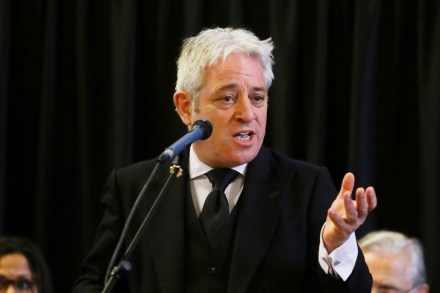One fell swoop
The Sun, reviewing a new laptop from Huawei, mentioned a combined fingerprint sensor and on-switch that lets users ‘power up and log in in one fell swoop’. Logging-in is not usually a fell act, but one fell swoop has long been a cliché, rather than a quotation from Macbeth, where Macduff, on hearing of their murder,








